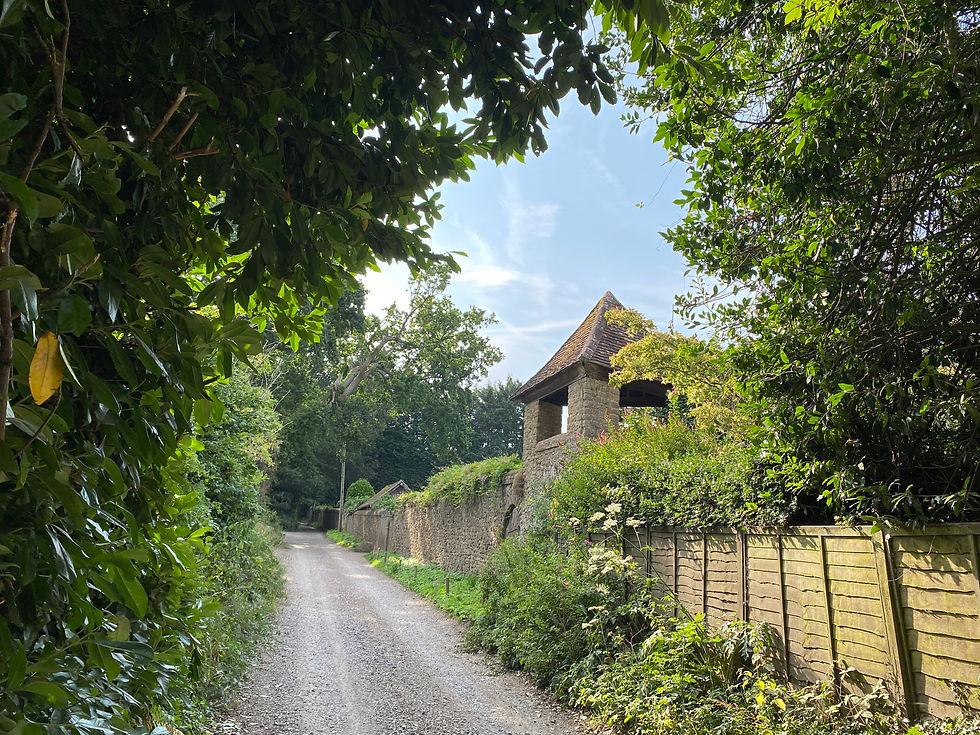Understanding Fears, Phobias Anxiety and Panic Attacks
When people come to see me about fears and phobias, they very often start with the phrase “this is going to sound so stupid but ” … and it’s never stupid but might not always seem to make sense initially.
Phobias could be described as an overwhelming and exaggerated sense of fear in response to a situation where the sense of danger is out of proportion to the risk.
Phobias are thought to affect about 1 in 10 million people in the UK and are the most common type of anxiety disorder that can affect anyone.
Most phobias can be successfully treated.
Phobias of spiders, snakes, dogs, heights, injections, doctors, dentists and germs etc are referred to as simple phobias. I’ve also worked with people with a phobia of clowns, buttons and mirrors but absolutely anything has the potential to become a phobia including certain numbers and colours.
There are also more complex phobias where people are fearful of leaving home, going to busy shopping centres, socialising or travelling on public transport where they feel vulnerable.
For someone who experiences a phobia the anxiety in everyday life can be very distressing as they try to avoid the source of their fear and the resulting threat of panic that creates a sense of being out of control.
Being around the object of fear can lead to a racing heartbeat, tight chest, breathlessness, dizziness, confusion, nausea and full on panic attack that feels totally overwhelming.
The causes of phobias are wide and varied. Simple phobias can often be caused by frightening events in childhood or if a child is around a caregiver who has an extremely fearful response to an object causing the child to learn by proxy to be afraid of the same object or situation.
Complex phobias can develop as lack of confidence, low self-esteem and social anxiety challenges remain unresolved and can increase as the person avoids these situations causing their lack of confidence to become even more intense.
Our unconscious mind is designed to keep us safe and if it senses any kind of danger it prepares us to take evasive action by releasing a cocktail of hormones designed to release a surge of energy to enable us to fight, take flight or freeze.
So if we’re in bed asleep and we’re woken up by an unknown/unexpected noise in the house, we’ll get a jolt of hormones to encourage us to take action to ensure that we stay safe.
A phobia is the same, if we see, hear, or smell just a hint of the source of our fear the unconscious mind can release the hormones that create a surge of fear that encourage us to get out of the perceived danger.
Sometimes the fear extends beyond the original source into photo’s, drawings or similar things to evoke the same fearful response.
It can be difficult to relax if there’s the danger that you might be confronted by your fear at any time and so often leads to increased background anxiety levels which undermine confidence and create sense of vulnerability.
If you’d like to have a conversation with me about how I may be able to help you with a phobia or fear please contact me by completing the form below.




Comments